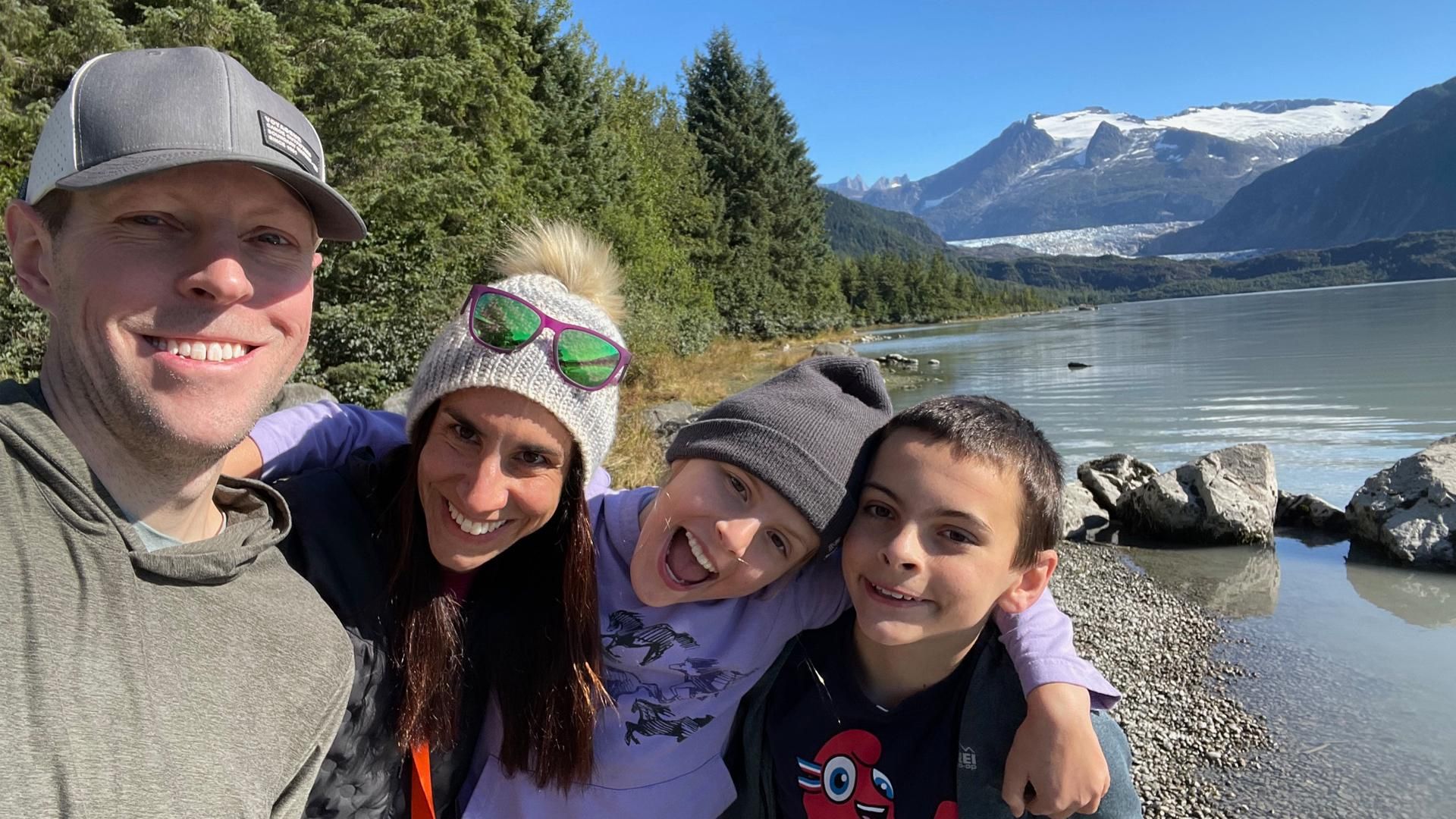Evolving COVID-19 Insights Spark Sharper Questions

By Dr. Katie Sharff, North America Medical Director for COVID-19 and Influenza Vaccines, Sanofi
I’ve always been a curious person, asking a lot of questions, and I enjoy the process of working to find complex answers. That’s part of what drew me to specialize in infectious disease medicine. It’s a fascinating field where there’s always more to learn – especially since the COVID-19 pandemic in early 2020.
At Sanofi, my work is about seeking better answers to questions that infectious diseases keep posing. Ours has been an ongoing effort to understand how COVID-19 has affected – and continues to affect – individuals, health systems, and societies.
Even as we learn to live with COVID-19, the virus still has profound impacts on morbidity and mortality. A large cohort study of Veterans Affairs patients showed that COVID-19 was associated with more severe disease outcomes than flu or respiratory syncytial virus (RSV) infection, particularly pronounced during the 2022-2023 season.1 An observational study of nearly 6 million people in Denmark showed COVID-19 hospitalization was about twice more likely than flu hospitalization, especially among those over age 65, and that the death rate was about three times higher for COVID-19 versus flu.2
A Personal Quest for Answers
That’s why it’s important that we keep asking questions about COVID-19. When the virus first intruded on my life in February 2020, questions were all I had. Mr. C, the beloved custodian at my son’s elementary school had become very ill and was admitted to the hospital where I was working. I was on a personal visit to deliver a get well-card from the 1st grade class, but a personal visit turned professional when the facts didn’t add up. As an infectious disease specialist, I had read about COVID-19, but only as an infection affecting people in faraway places.

Dr. Sharff and her family enjoying the outdoors
As I learned about Mr. C’s respiratory symptoms during his hospitalization, I had to ask: Should he be tested for COVID-19, even though his case did not meet the US Centers for Disease Control and Prevention (CDC) protocols at the time? I requested the CDC expand their guidelines and allow Mr. C to be tested for COVID-19 despite having no known exposure to it. My request was approved and the test showed that Mr. C had the second known case of COVID-19 acquired via community transmission in the US.
A Professional Focus on Public Health
As the pandemic took hold, schools and offices were closing and hospitals kept implementing new protective protocols. Every change prompted questions. And even as answers came to light, they often raised a new round of questions – especially as the public health guidance evolved. Sometimes, new guidance even contradicted previous recommendations.
I understand how that back-and-forth made people feel. They had questions; I always relate to that. And their valid questions did not always get clear answers.
The fact is: The pandemic put everyone – including experts – into situations where we were operating with incomplete data and having to make the best-informed decisions we could. We had to be dynamic in our thinking, open to new possibilities, and ready to make new decisions as new data emerged.
When the first COVID-19 vaccines became available, it was a relief to be able to take specific, direct action. So, I did. I orchestrated a mass vaccination site in Oregon, All4Oregon – where approximately 500,000 COVID-19 vaccines were administered. That work took my career in a new direction as I sought ways to make a positive impact on public health at a population level. That’s what led to an opportunity to join Sanofi in Medical Affairs. I wanted to use science and collaborate on evidence-based practices that could make a real difference.
Asking Pointed Questions About Protection
And here I am, searching for better answers for individuals, health systems and society. Some core principles guide that work. We must always ask: How can we be better? What is the vaccination approach that will work best while also meeting patients’ unique personal needs? What options do we have for protecting people who are at higher risk for hospitalization or for long COVID-19?
Even today, I know I’m not the only one asking. Many people have questions about vaccines and public health guidance, and I believe we can do our best work for all people, including those who are asking questions, by making the science simpler to follow. We need to work to deliver options for broad protection while also giving consumers more choice, including choice in vaccine products based on multiple platforms.
If COVID-19 taught me anything, it’s the importance of constant curiosity and humility in the face of unknowns. Our quest for more complete information will help to improve public health and the lives of others. After all, that’s why asking questions and finding complex answers remains so rewarding.
References
1Bajema KL, Bui DP, Yan L, et al. Severity and Long-Term Mortality of COVID-19, Influenza, and Respiratory Syncytial Virus. JAMA Intern Med. 2025;185(3):324–334. doi:10.1001/jamainternmed.2024.7452
2 Bager P et al, The hospital and mortality burden of COVID-19 compared with influenza in Denmark: a national observational cohort study, 2022–24. The Lancet Infectious Diseases, 2025 Jan 29:S1473-3099(24)00806-5. doi: 10.1016/S1473-3099(24)00806-5.